See the evidence
Our research journey
The TDTScience approach was based on original research funded by the Primary Science Teaching Trust and carried out by Helen Wilson, Jenny Mant and David Coates from Oxford Brookes University (OBU) in 2002-04.
Helen Wilson co-developed the TDTScience training programme with Bridget Holligan from Science Oxford thanks to funding from the Education Endowment Foundation
A research paper about the impact of TDTScience was published in the International Journal of Science Education in 2020 and can be accessed here. TDTScience strategies are included in the EEF’s 2023 Improving Primary Science guidance report.

Bridget Holligan



